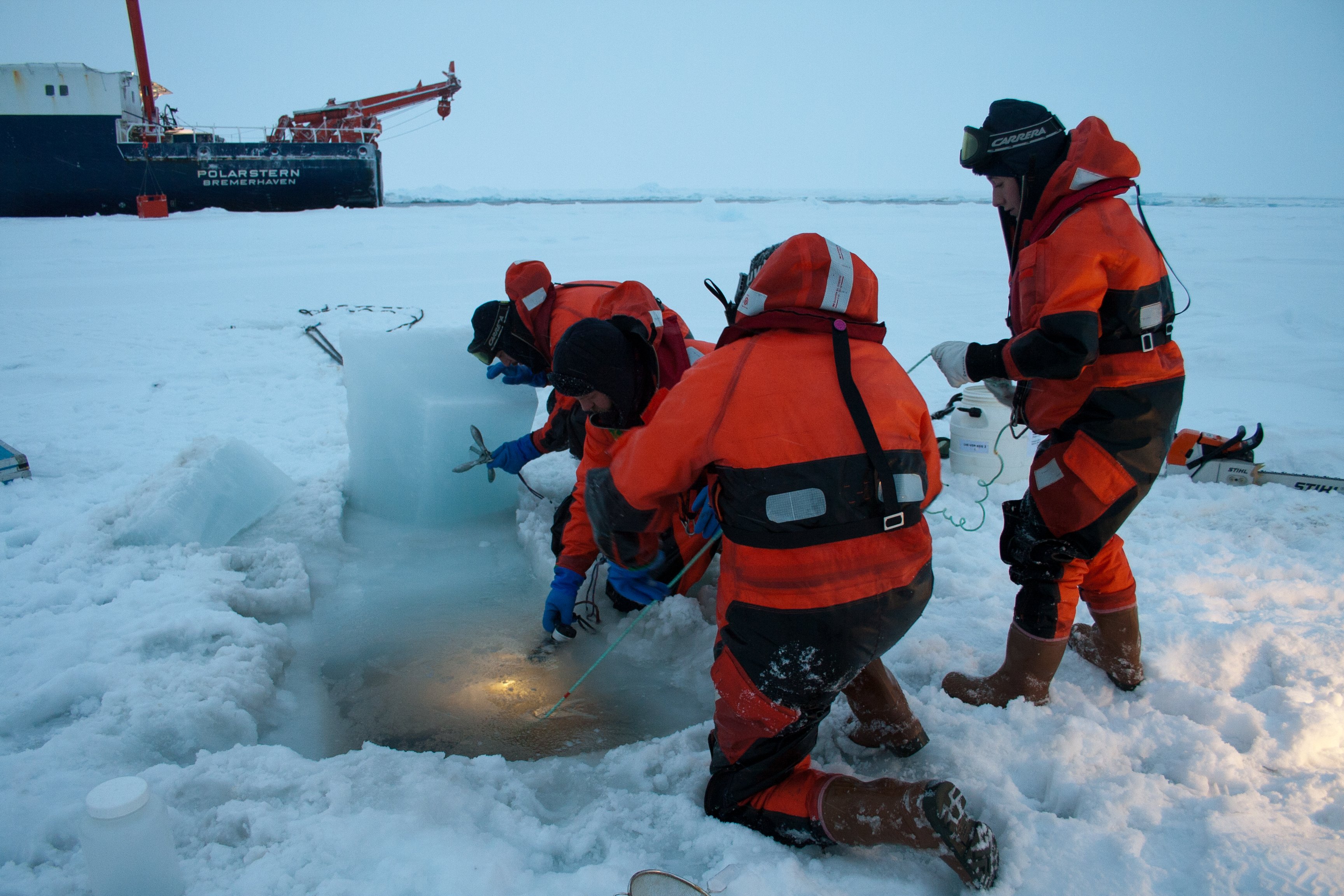The SCAR Antarctic biodiversity portal and the SCAR Standing Committee of Antarctic Data Managers and expert group on Antarctic Biodiversity Informatics are excited to present a series of online webinars designed to help you to better integrate your biological field work and research cycle.
Date: 3 - 6 November 2020 Time: 09:00 UTC - 10:30 UTC and Time: 18:00 UTC - 19:30 UTC
Registration is closed.
Format
A daily 45-60min online webinar about a data management topic followed by 30min Q&A session. The Webinars will run 09:00 UTC - 10:30 UTC, with a repeat session at 18:00 UTC - 19:30 UTC.
In addition to our webinars we will allow the opportunity to have face to face discussion with staff from the SCAR Antarctic Biodiversity portal to discuss specific questions on data management prior to fieldwork. These consultation session will be organised 4-6 November and 9 to 13 November, with slots for booking available between 06:00 UTC and 23:00 UTC.
There are limited timeslots, but registration detail will shared during the meeting.
Description
This workshop aims to train scientists on how to structure and manage their biological data more effectively and conform internationally used biodiversity data standard formats, saving precious time in preparing data for analysis or online archiving. The workshop is organized in a number of short webinars that follow a typical research cycle. Each session will cover best practices and practical tips that the trainees can directly implement in their work. We will focus on biodiversity data, but will also cover other data types commonly found in ecology, such as environmental measurements or climatic data.
Course material
The course material that will be covered in the sessions will be made available freely online.
Please note that the course material is from year 2020 and is considered outdated.
Templates
Field and data templates are available at the GitHub repository.
Sessions
3 November 2020: S1 Before you go into the field: preparing how to collect data
The first session will prepare you to go into the field to collect biological data. This introductory session will justify why it is important to manage your data, why data quality matters, the FAIR data principles, existing data standards and what documents you need to prepare to simplify and structure the way data is recorded.
Recording: https://vimeo.com/475838103
4 November 2020: S2 Using a template to structure data: practical tips and tricks
The biodiversity.aq team developed a simple and versatile data recording template based on the DarwinCore standard that can be taken into the field. This session will go into detail on how to use this template, explain the rationale behind it, and give practical tips that will smoothen your data archival process upon your return.
Recording: https://vimeo.com/475896857
Slides:
5 November 2020: S3 How to Quality Control your data
Before working on data analysis or publishing data, whether it is your own data or data given to you, the data needs to undergo a thorough quality control (QC), to verify all data points are correct. This session aims to demonstrate what and how QC steps can be done to reduce errors in data. The examples include finding errors in geographic coordinates, errors in measurements, misuse of formats, etc etc.
Recording: https://vimeo.com/476270315
6 November 2020: S4 Collecting public data: where and how to get open data
Data collected in the field can be significantly enriched with open access data of previous studies, or a preliminary idea can be tested with open data before setting up expensive campaigns. This session will show where to find trustworthy biodiversity and other data, how to get it, and how to format it back into something usable for statistical analyses.
Recording: https://vimeo.com/476400213
